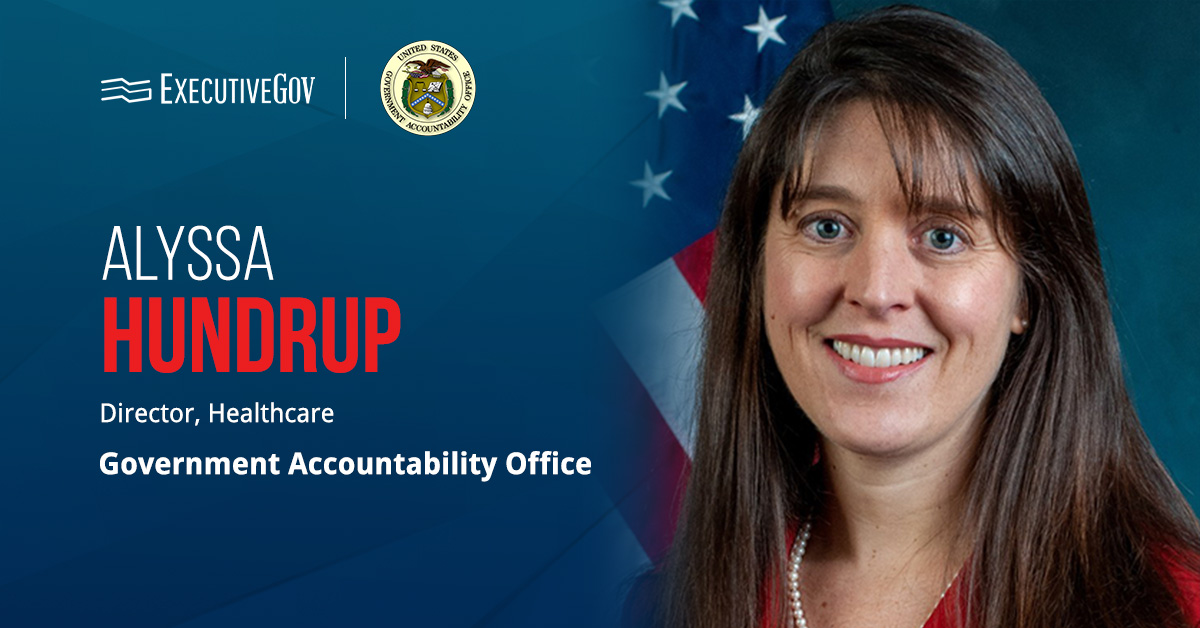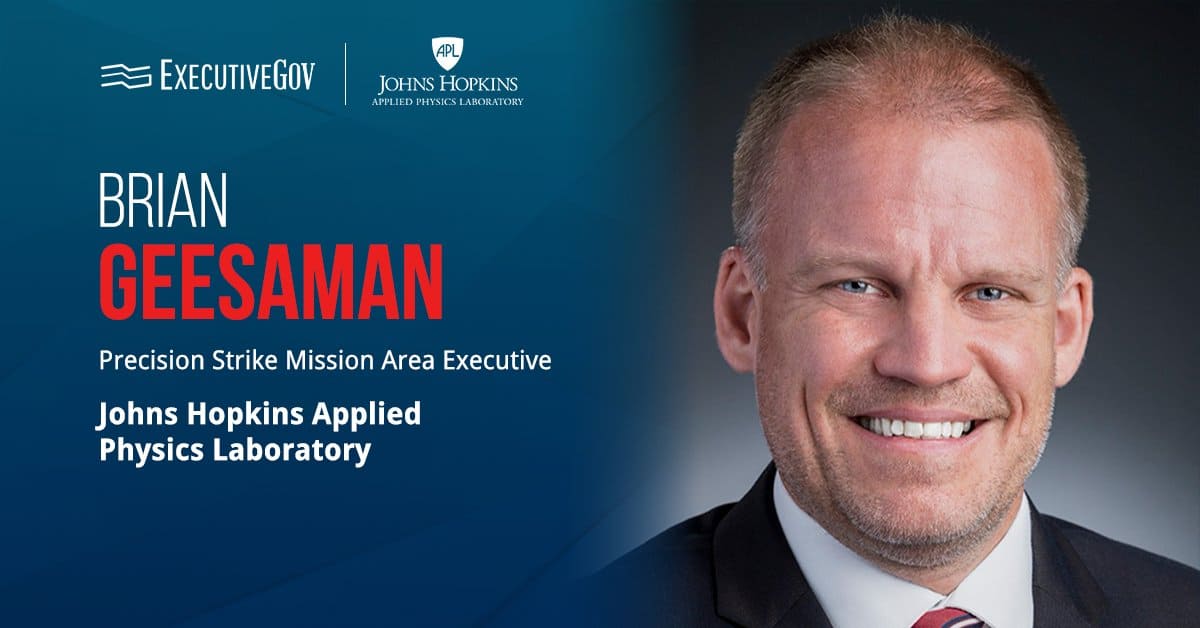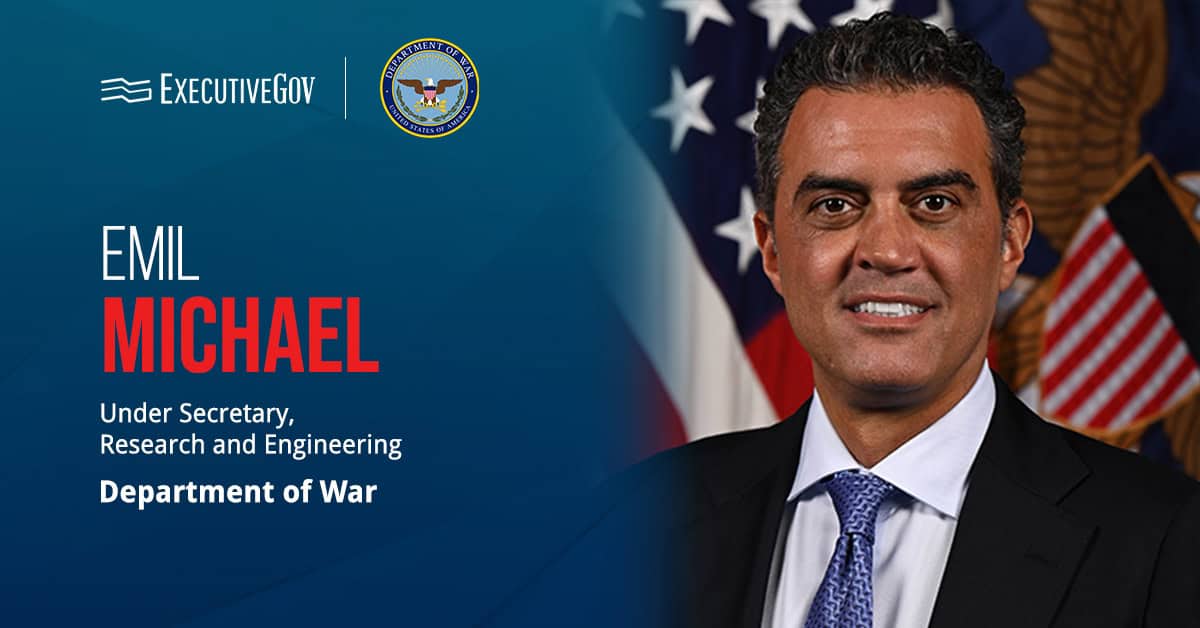Alyssa Hundrup, healthcare director at the Government Accountability Office, said she believes cost avoidance is one area where healthcare sharing agreements could play an important role, Federal News Network reported Monday.
“We are all interested in saving taxpayer dollars, and with these agreements, there can be great opportunities for cost employment avoidance,” Hundrup told FNN.
Hundrup’s remarks are in response to a recent GAO analysis, which found that the departments of veterans affairs and defense do not evaluate the effectiveness of healthcare sharing agreements and fail to identify opportunities for new or expanded sharing agreements.
Table of Contents
Double-Digit Increase in Active Healthcare Sharing Agreements Between DOD, VA
According to the GAO report, DOD and VA had 185 active sharing agreements in place as of April 2025, up 14 percent from 162 agreements in October 2022.
Such agreements allow DOD and VA to share facilities, administrative personnel and medical staff, and provide training, patient administration and other nonmedical services.
The congressional watchdog recommended that VA and DOD implement a process for assessing the effectiveness of their healthcare sharing agreements and use the results to introduce changes. The evaluation process should include establishing performance goals, creating performance measures and collecting data to assess progress.
Developing Nonreimbursable Agreements
According to the GAO report, medical facilities lack information on developing nonreimbursable agreements. Instead of billing each other, organizations share healthcare resources under these agreements.
“These are really important, because there may be some services where doing the reimbursable or the dollar amount may just not make the most sense, or it may be easier,” Hundrup said.
“For example, DoD may have specialized equipment, and VA may have the technician available. Costing it out and figuring out the dollars, it may just be more efficient and more useful to have a non-reimbursable agreement, and this is where it’s services in kind,” she added.
GAO recommended that DOD finalize guidance on developing nonreimbursable sharing agreements, including instructions on how to create a required justification through a business case analysis plan.





